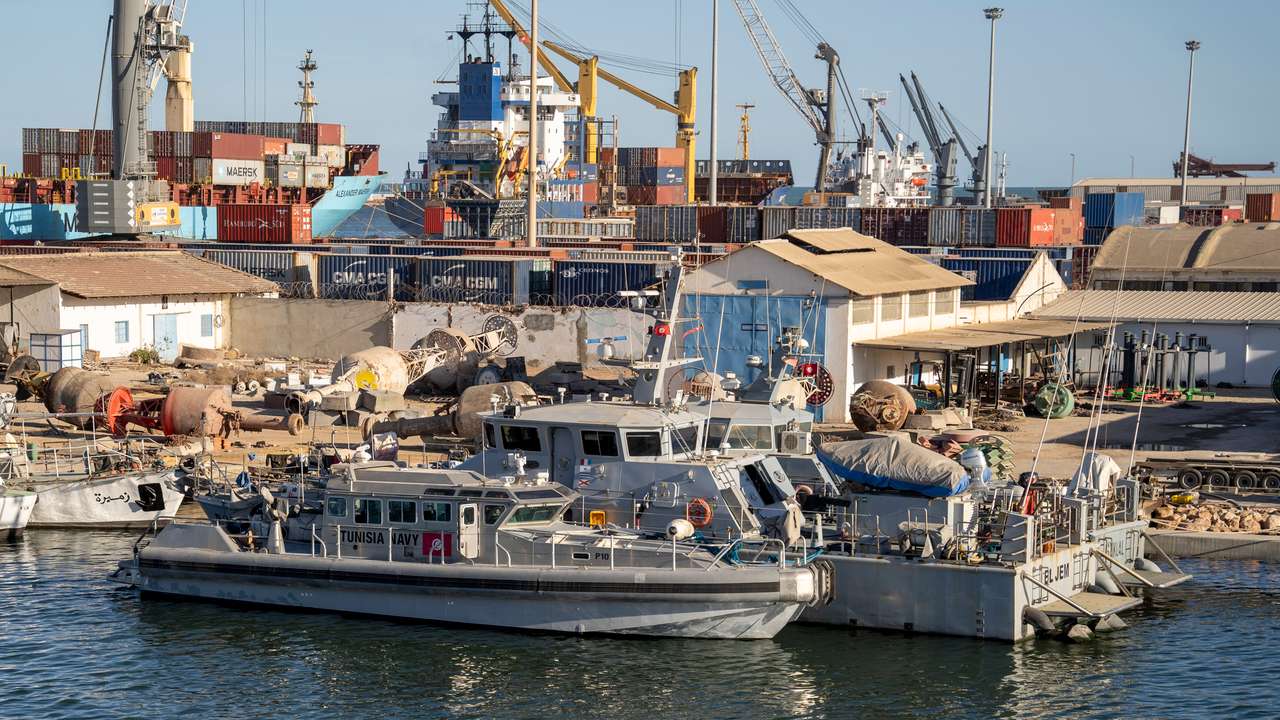Tunisia’s fisherwomen face gender inequality and climate challenges: Video

In Tunisia, fishing has long been a male-dominated profession. In recent years, however, women have gradually made inroads into the industry, much like in other sectors but not without any challenges.
Fisherwomen like Sara Souissi are battling both societal norms and environmental challenges.
Despite the profession being male-dominated, Souissi has defied cultural expectations. "Our society doesn't accept women in this profession (fishing), but I decided to carry on and fight against this idea because I love this profession. I love the sea, I love fishing. You could say that the sea has been my hobby ever since I was a little girl," she told the AFP.
Aside from the cultural challenges, Souissi and other small-scale fishers face another challenge, unsustainable fishing practices. "Plastic nets are a nuisance for me and for all fishermen. To this day, we continue to fish with these nets,” she noted.
Efforts to support fisherwomen are emerging as the Tunisian Society for Sustainable Fishing is beginning to empower and integrate more women through workshops to venture into the sector.
"We're here because we want to create additional sources of income for the people of the Raoued region, especially today by tackling a number of issues, such as climate change and the severe depletion of natural resources, as well as poor practices that have affected the fishing industry. This can only be overcome by solutions such as integrating women into the fishing industry," said Ryma Moussaoui, a coordinator with the Tunisian Society for Sustainable Fishing.
A recent student by the United Nations Food and Agriculture Organization (FAO) disclosed that
Tunisian fisherwomen also struggle with access to banking, administrative benefits, and training, and are often viewed as "high-risk borrowers."